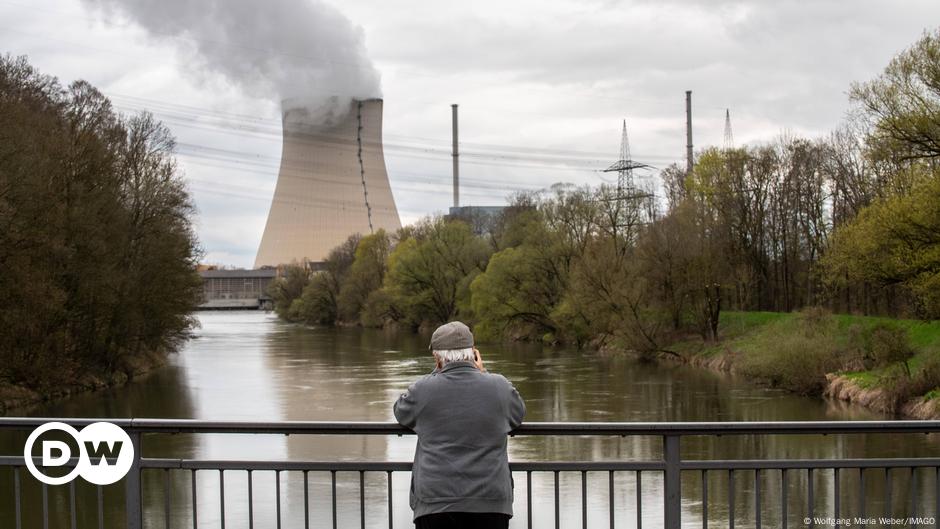Summary
Rafael Grossi, head of the IAEA, called Germany’s decision to fully phase out nuclear power “illogical,” noting it is the only country to have done so.
Despite the completed phase-out in 2023, there is renewed debate in Germany about reviving nuclear energy due to its low greenhouse gas emissions.
Speaking at COP29, Grossi described reconsidering nuclear as a “rational” choice, especially given global interest in nuclear for emissions reduction.
Germany’s phase-out, driven by environmental concerns and past nuclear disasters, has been criticized for increasing reliance on Russian gas and missing carbon reduction opportunities.



Basically, when the right-wing CDU started the phase-out it was a good thing, when the Greens phased out the last 3, it became a bad thing.
That’s literally all this discussion is about. Anyone who’s actually taken a look at the data knows that phasing it out was the right move and that there’s no point in bringing it back. There’s a reason the share of nuclear keeps going down in the EU. Germany is also not the only country that doesn’t use nuclear anymore.
Here are the sources for anyone interested:
It was a stupid idea no matter who conceived of or implemented it. Nuclear is the only viable clean baseload power generation option we have. Solar and wind can’t do it, coal and oil are filthy, battery storage is nowhere near where it needs to be yet.
Bro has been asleep for the past 10 years lmao
Baseload is an antiquated concept that doesn’t work with lots of renewables. Battery storage may be not completely feasible yet, but look at California to see that it has the potential to be ready faster than we can build new npps.
“Baseload” is still needed. Renewables are great but they are simply not there yet. There is a world between “potential” and “available”.
Yeah, right now. But not in 10 years when the first npps could be ready. And you would also need storage for npps when there is a lot of wind or sun, cause you can’t shut down the npps all the time or thermal stresses will cause damages to the pipes. And renewables are here now, it’s the storage that needs to catch up.
Baseload is still needed now. End of.
You can’t magically get npps now. End of.
Which is why it was stupid to start shutting them down! 🤣
That doesn’t really matter if we are discussing how to move forward from where we are, does it?
Do you know how old they were? We would have to shut them down anyway because they started reaching end of life. There was no new project for decades already. It’s a complicated political situation and it’s fucking arrogant for you to come in, scream about “nUcLeAr Is BesT” without knowing the details. Even the energy companies didn’t want to keep the plants running at the end. So please let us try to do our Energiewende, we progressives in Germany have enough trouble with our stupid conservatives
Theres also power production from water and also using biogas plants. Those are two technologies being perfectly capable of supplying a base power.
LMAO. Completely false:
Fukushima forced the hand of the CDU afterwards.
It was a dumb idea in 2000, a dumber idea in 2011, and amongst the dumbest ideas during the war. Unfortunately, the anti-nuclear people shot us all in the foot with their “what about our children in 1000 years” crap. So concentrated on the far far future were they, that they ignored what impact it would have on the near and medium term. Sure, the children in 1000 years might not run into nuclear waste, but they’ll be living in a climate change wasteland. Good job!
The phase-out practically already started in the early 90s, latest when it became abundantly clear that building more reactors was not politically feasible.
The reason is distrust in anything being handled properly. See Asse (they just discovered irradiated water that they don’t have any idea how it came to be because it’s actually above the deposit), see plants running without functioning backup generators for decades, the list is endless.